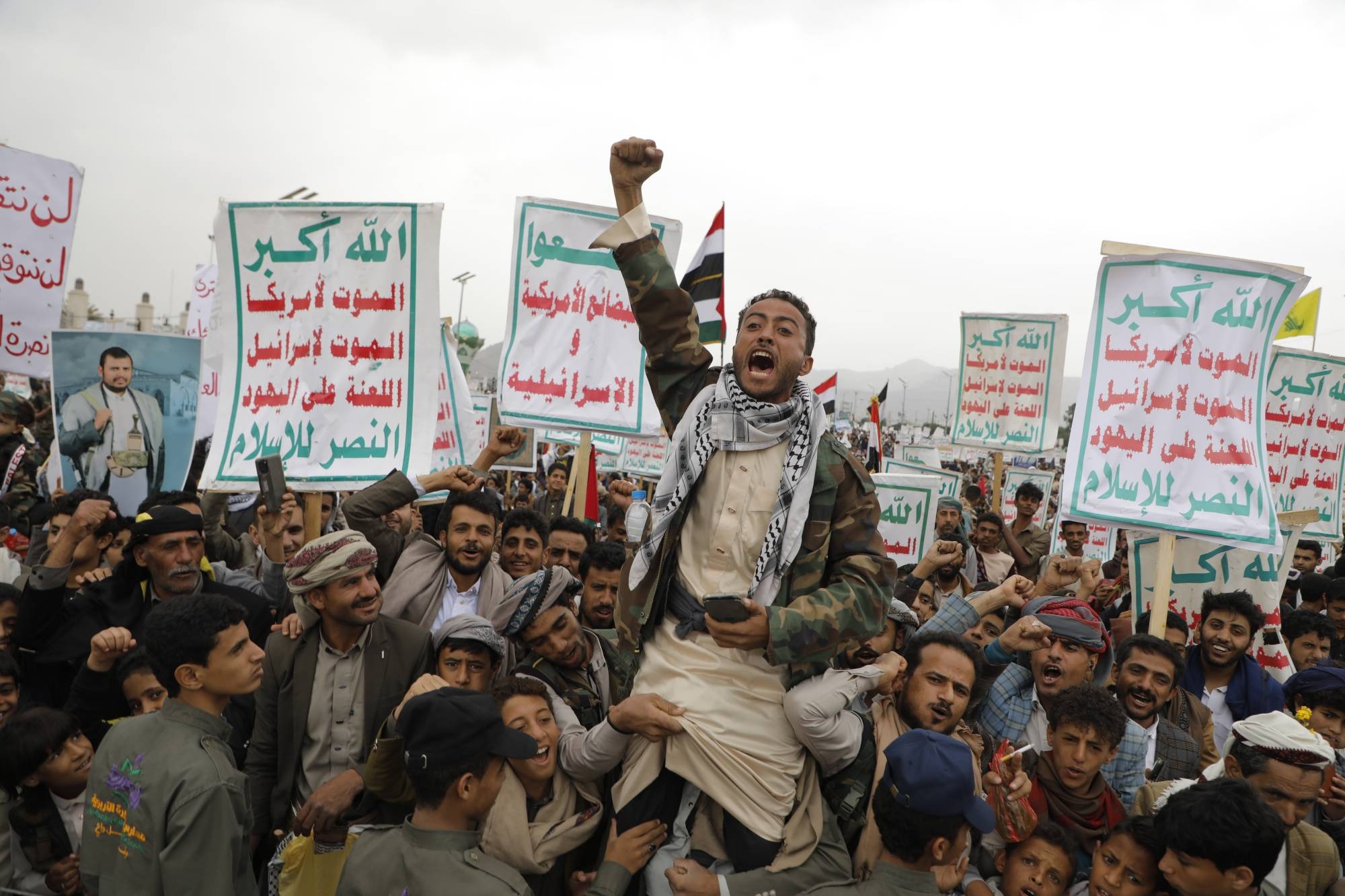


Barran Press
Leaked documents obtained by the P.T.O.C. (Platform for Tracking Organized Crime), a platform specializing in tracking organized crime and money laundering, reveal that six Houthi leaders, designated as terrorists by international organizations, have been tasked with expanding Iranian influence in Africa and controlling international shipping lanes.
The report, reviewed by Barran Press, details a project directly managed by Iran's Revolutionary Guard Corps (IRGC) in coordination with Lebanon's Hezbollah.
The Houthi leaders entrusted with this mission include:
The report also highlights the role of Adham Hamid Abdullah Al-Ofari (Abu Khalil), who specializes in working with African communities in Yemen, particularly in Sana'a. He is tasked with maintaining constant communication and coordination with the leaders of these communities (Ethiopian, Somali, Eritrean, Sudanese, and Djiboutian). Al-Ofari works to mobilize African elements and enroll them in military and cultural training programs. They are then deployed to various fronts (Western Coast, Marib, borders, Taiz), and assigned to intelligence missions within their respective countries. He is also responsible for coordinating with Houthi security checkpoints to allow African elements to enter Houthi-controlled areas and oversees the disbursement of financial allocations to these elements.
Another key figure is Osama Hassan Ahmed Al-Makhdhi (Abu Shahid), a Houthi operative in the intelligence and security apparatus, focusing on the African track. His responsibilities include coordinating with influential African figures in Somalia, Ethiopia, Eritrea, Djibouti, and Sudan to mobilize, train, and qualify them for inclusion in the Houthi militia ranks. These individuals are recruited as fighters, workers in their countries of origin, and intelligence operatives tasked with spreading Houthi ideology, conducting intelligence operations, smuggling weapons, trafficking humans, and transporting drugs by sea to and from the Horn of Africa and Yemen.
The report also reveals the Houthi objective of preparing and equipping elements and individuals with whom they have established relationships in Africa to "carry out actions, movements, and activities in the Red Sea and the Horn of Africa to support the Houthis in case they face any political, diplomatic, or international external pressure."
The report includes the names of 16 African individuals who are key collaborators with the Houthi group in its expansion into the Horn of Africa. These include Taju Sharif, responsible for the Ethiopian community in Sana'a, who has attended Houthi cultural training programs and works to recruit and mobilize African elements for Houthi military and intelligence operations.
This report sheds light on the complex network of individuals and organizations involved in the Houthi group's expansion into Africa, highlighting the potential for instability and conflict in the region.